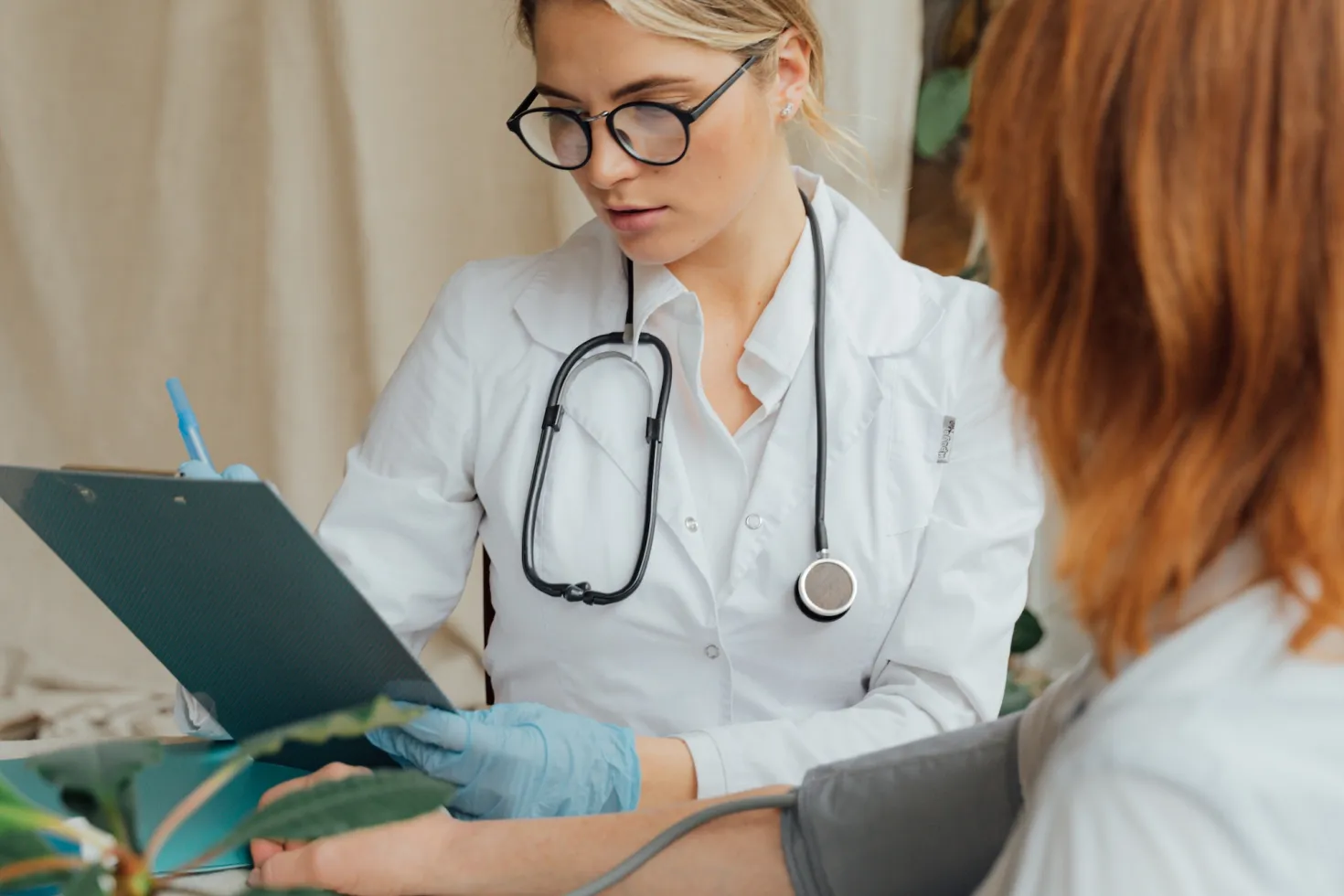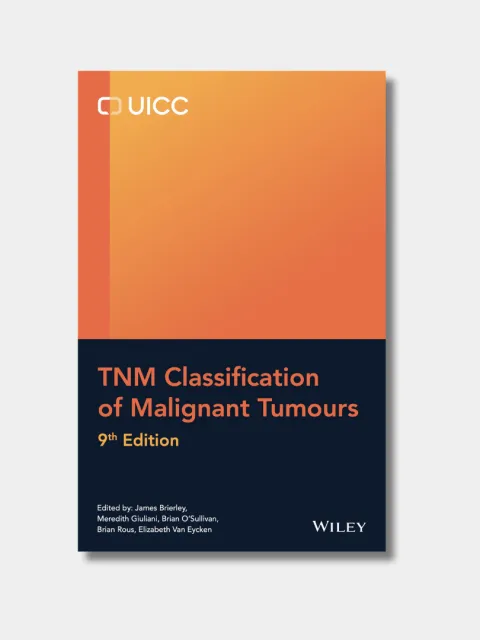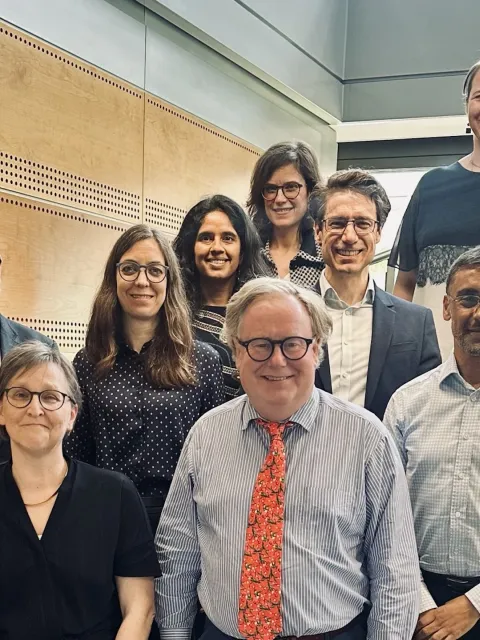Universal health coverage and cancer prevention
Investing in prevention measures and ensuring that they are included in universal health coverage (UHC) schemes is a cost-efficient and effective way to save lives and reduce the cost of cancer to public health systems. An upcoming UN high-level meeting provides an opportunity to prioritise cancer control as an essential part of achieving UHC.

HIGHLIGHTS
- Universal health coverage (UHC) is essential to ensure that quality cancer prevention, treatment and care services are accessible, available and affordable to all populations.
- UHC cannot be achieved if cancer, as the second leading cause of death globally, is not covered by national health benefits packages.
- Investing in prevention measures and raising public awareness about modifiable cancer risk factors (such as tobacco use, alcohol consumption, unhealthy foods, lack of physical exercise and vaccination against HPV and Hepatits B) can help save lives and reduce the cost of cancer to public health systems.
For many people around the world, quality cancer prevention, treatment and care services are not available, or they experience barriers to accessing them even when they are.
National strategies designed to ensure universal health coverage (UHC) are the means to cover this care gap, by ensuring that quality cancer services are covered by basic health insurance schemes and available, accessible and affordable to all populations.
At the same time, a resource-efficient national cancer control plan, which addresses financial hardship and the barriers faced by underserved populations in accessing care, is essential to achieving UHC. Indeed, UHC cannot be achieved if cancer, as the second leading cause of death globally, is not covered by national health benefits packages.
World leaders have recognised the importance of universal health coverage UHC in improving public health, as demonstrated in 2019 with the adoption of a high-level UN Political Declaration on UHC to double health coverage over the following decade.
Following the COVID-19 pandemic and the severe disruptions to health services that it caused, UN Member States will be meeting again on 21 September 2023 at the second UN High-Level Meeting on UHC. This event provides the cancer community with an opportunity to ensure that cancer control is included in any new set of commitments.
"Investing in prevention measures and raising public awareness about cancer risk factors can help us save lives and reduce the cost of cancer to public health. The upcoming high-level meeting on UHC presents an opportunity for the global community to prioritise cancer control as an essential part of achieving universal health coverage.”
– Dr Cary Adams, CEO of UICC.
While investing in cancer care does require financial and human resources, studies on scaling up services for childhood cancer, implementing the necessary programmes to eliminate cervical cancer and improving screening, treatment and quality of care globally, clearly demonstrate that this investment yields a high return.
As 30-50% of all cancers are preventable, dedicating resources to prevention measures and making sure they are covered in universal health coverage schemes can be highly effective in saving lives and reducing the cost of cancer to public health systems.
“Many primary prevention measures – those that reduce exposure to risk factors such as tobacco use – are very cost effective particularly when compared to the higher costs required for treatment, and they also have the added benefit of preventing a range of diseases and supporting a higher quality of life!”
– Dr Sonali Johnson, Head of Knowledge and Advocacy, UICC
WHO’s publication “Saving lives, spending less: the case for investing in noncommunicable diseases” outlines the cost-efficiency of many primary prevention measures – to the amount of USD 7 return on each dollar invested.
Several risk factors are associated with cancer, including tobacco use, alcohol consumption, the human papillomavirus (HPV) and hepatitis B virus (HBV) infections – which contribute respectively to cervical cancer and liver cancer – obesity, physical inactivity, air pollution and other environmental factors.
UHC can help reduce tobacco use by providing access to tobacco cessation programmes, drawing on financial resources generated by increased taxes on tobacco products which also help to bring down demand. Similarly, raising public awareness about alcohol, which contributes to some 4% of all cancer cases, and raising taxes to fund prevention and treatment services for alcohol use disorders should be part of any national health coverage scheme.
UHC can also help to improve access to HPV and HBV vaccines by integrating them into national vaccination schedules and roll-out plans, as well as scaling-up funding for routine screening options according to current guidelines for cancers amenable to prevention, such as breast, cervical and colorectal. Community outreach programmes, mobile screening and other initiatives expand the ability to detect cancers earlier, when they are easier to treat.
UICC is looking to engage members to collaborate on its advocacy in 2023 to generate the greatest impact from the upcoming high-level meeting on UHC. As part of this work, it is also organising a Virtual Dialogue webinar series on Cancer control and universal health coverage for members to discuss the challenges and opportunities in implementing UHC for cancer control.
Last update
Monday 08 May 2023
